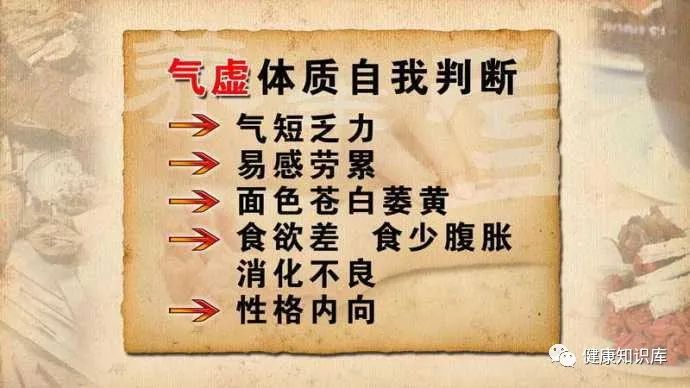 What Are the Specific Manifestations of Qi Deficiency?
What Are the Specific Manifestations of Qi Deficiency? 1. Frequent Shortness of Breath and Chest Tightness
1. Frequent Shortness of Breath and Chest Tightness
Frequent occurrences of shortness of breath and chest tightness are manifestations of lung Qi deficiency (肺气虚, fei qi xu). Individuals may feel breathless even with slight exertion or experience a sensation of insufficient air. Additionally, some may experience chest tightness, particularly after prolonged periods of sitting at a computer, all of which are due to Qi deficiency.
 2. Dizziness and Lightheadedness
2. Dizziness and Lightheadedness
Experiencing dizziness and lightheadedness is a sign of liver Qi deficiency (肝气虚, gan qi xu). The liver is known for its function of storing blood and regulating blood distribution throughout the body. If the liver experiences Qi deficiency, its ability to supply blood is compromised, leading to insufficient blood flow and resulting in dizziness. Many people mistakenly attribute dizziness to anemia, but it is essential to consider whether Qi deficiency is also a factor.

 3. Poor Appetite
3. Poor Appetite
A recent decline in appetite may also indicate spleen Qi deficiency (脾气虚, pi qi xu). It is well-known that when the spleen and stomach are out of balance, appetite decreases, and digestive functions decline. Symptoms may also include a thickened tongue coating, gastrointestinal discomfort, and fatigue. Therefore, if one experiences a poor appetite, it is essential to pay attention to this sign.
 4. Increased Urination
4. Increased Urination
Increased urination is a manifestation of kidney Qi deficiency (肾气虚, shen qi xu). Symptoms such as frequent urination and urgency are typical signs of kidney Qi deficiency. Therefore, if there is an abnormal increase in urination frequency, it is crucial to consider whether there are underlying health concerns.


